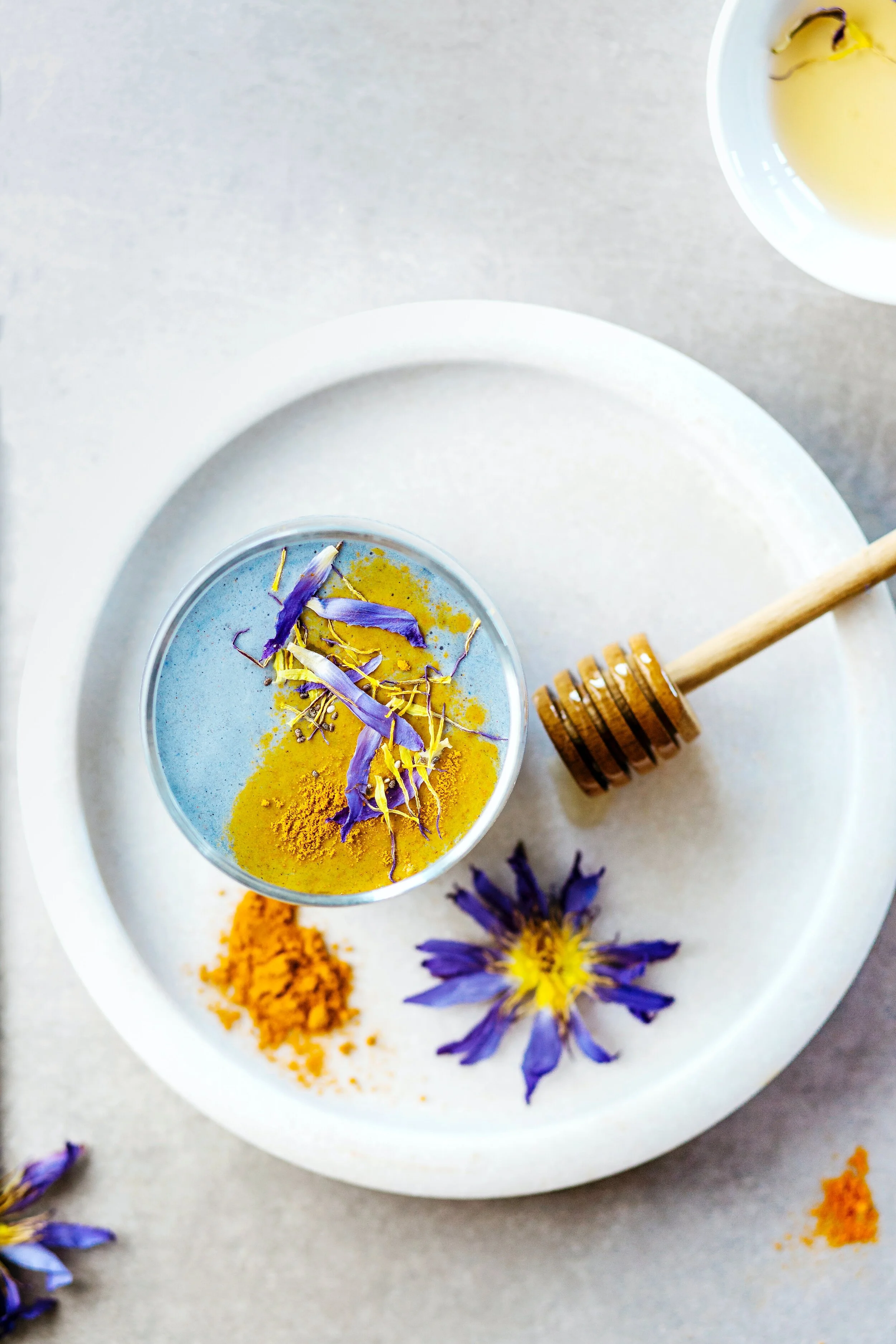PCOS or polycystic ovarian syndrome is a condition where the patient has two or more of the following diagnostic criteria elevated androgens (testosterone / DHEA), polycystic ovaries found on ultrasound, and/or anovulatory cycles (irregular periods). One of the common symptoms of PCOS is head hair loss. When the female hair follicle becomes minimized, this increases the terminal follicle and the strand will fall out resulting in hair loss.
High androgen levels can promote hair loss because of the increased production of DHT or Dihydrotestosterone. DHT is made from a reaction between testosterone and the enzyme dehydroepiandrosterone or DHEA. DHT is an opponent of hair follicles and the more it is produced the more it will create hair loss and minimize the hair follicle. High levels of testosterone, an indicator of PCOS, will catalyze this reaction to form DHT and therefore lose hair. Luckily there are natural remedies that can rebalance androgen levels back down to normal to hopefully aid in less hair loss.
















